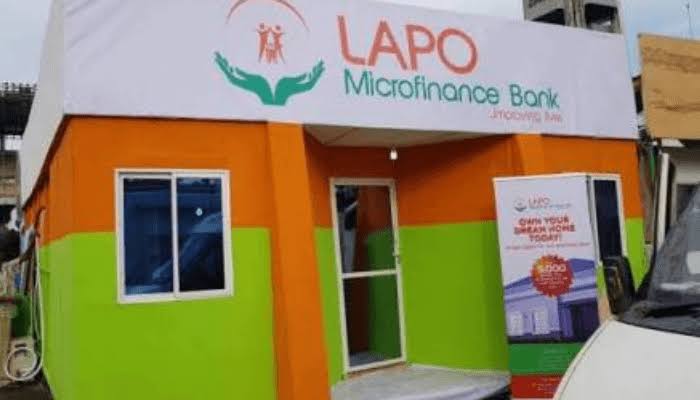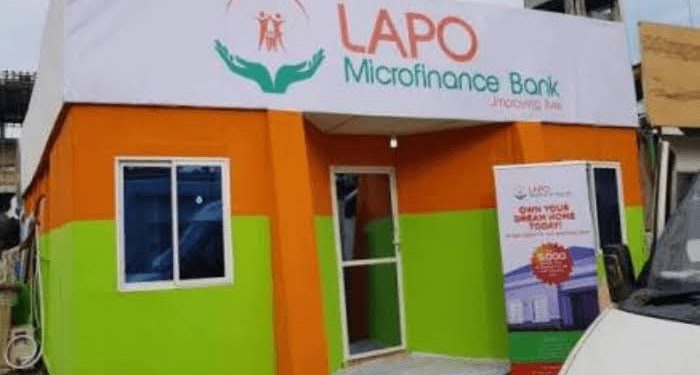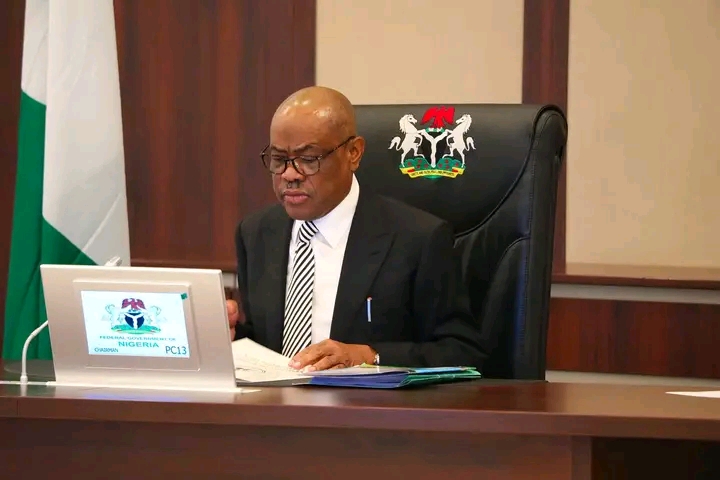In a significant move to bolster food security and empower rural communities, the Lift Above Poverty Organisation (LAPO) has announced the disbursement of a massive ₦18.6 billion to 136,902 farmers in the first quarter of 2025.

This substantial financial injection is a testament to LAPO’s unwavering commitment to supporting Nigeria’s agricultural sector and driving economic growth from the grassroots. The funds, channeled through the Agricultural and Rural Development Initiative (LARDI), are designed to provide crucial “soft loans” that will enable farmers to upgrade their operations, increase productivity, and build sustainable agricultural ventures.
ALSO READ: https://nationscuriosity.com/mywurah-solutions-announces-ambitious-expansi/
This disbursement represents a remarkable 31% increase from the ₦12.9 billion distributed during the same period in 2024, highlighting a growing demand for micro-credit and LAPO’s enhanced capacity to meet the financial needs of small-scale farmers and agribusinesses. The initiative spans 22 states across Nigeria, with LAPO’s extensive network of 341 branches ensuring that the support reaches those who need it most, particularly in remote and underserved areas.
The importance of this funding cannot be overstated. Nigeria’s agricultural sector, a cornerstone of the nation’s economy, has long been hampered by a lack of access to affordable credit. Traditional commercial banks often perceive small-scale farming as a high-risk venture, leaving millions of farmers in a state of financial vulnerability. This is where organizations like LAPO play a transformative role. By providing accessible and flexible loans, they bridge the gap between financial institutions and the rural poor, unlocking the potential for significant growth and development.
According to Victor Noruwa, LAPO’s Executive Director of the Microfinance Segment, the funding reflects the organization’s desire to empower agripreneurs and improve the living conditions of rural households. He emphasized the institution’s special focus on women-headed homes and youth-led enterprises, recognizing their critical role in agricultural productivity and community development. The disbursement is not just about money; it is about providing a lifeline to those who feed the nation, enabling them to invest in better seeds, modern farming equipment, and effective pest control, ultimately leading to higher yields and increased income.
Beyond the headline figure, the impact of LAPO’s work can be seen in the various sub-sectors of agriculture. The organization has also disbursed an additional ₦1 billion to over 6,000 farmers in poultry, livestock, and fishing, demonstrating a comprehensive approach to agricultural development. This targeted support for specific value chains ensures that resources are allocated efficiently to areas with high potential for growth and food security.
The success of such micro-credit initiatives is a powerful reminder of the potential of microfinance to drive rural transformation.
While challenges such as loan repayment issues, illiteracy among some farmers, and inadequate monitoring remain, the overall positive impact of microfinance on agricultural output and rural development is undeniable. By providing not just credit but also financial advice and capacity-building training, LAPO is equipping farmers with the tools they need to succeed in a competitive and challenging environment.
In a country where food inflation is a constant concern and food security is a national priority, the role of institutions like LAPO is more crucial than ever. Their commitment to financial inclusion and poverty alleviation is directly contributing to a more resilient and prosperous Nigeria.
This ₦18.6 billion disbursement is more than a financial transaction; it is an investment in the future of Nigerian agriculture and a powerful message of hope for the millions of farmers who work tirelessly to put food on our tables. As these funds begin to take root, we can expect to see a bountiful harvest, not just of crops, but of economic opportunities and a brighter future for countless communities.












